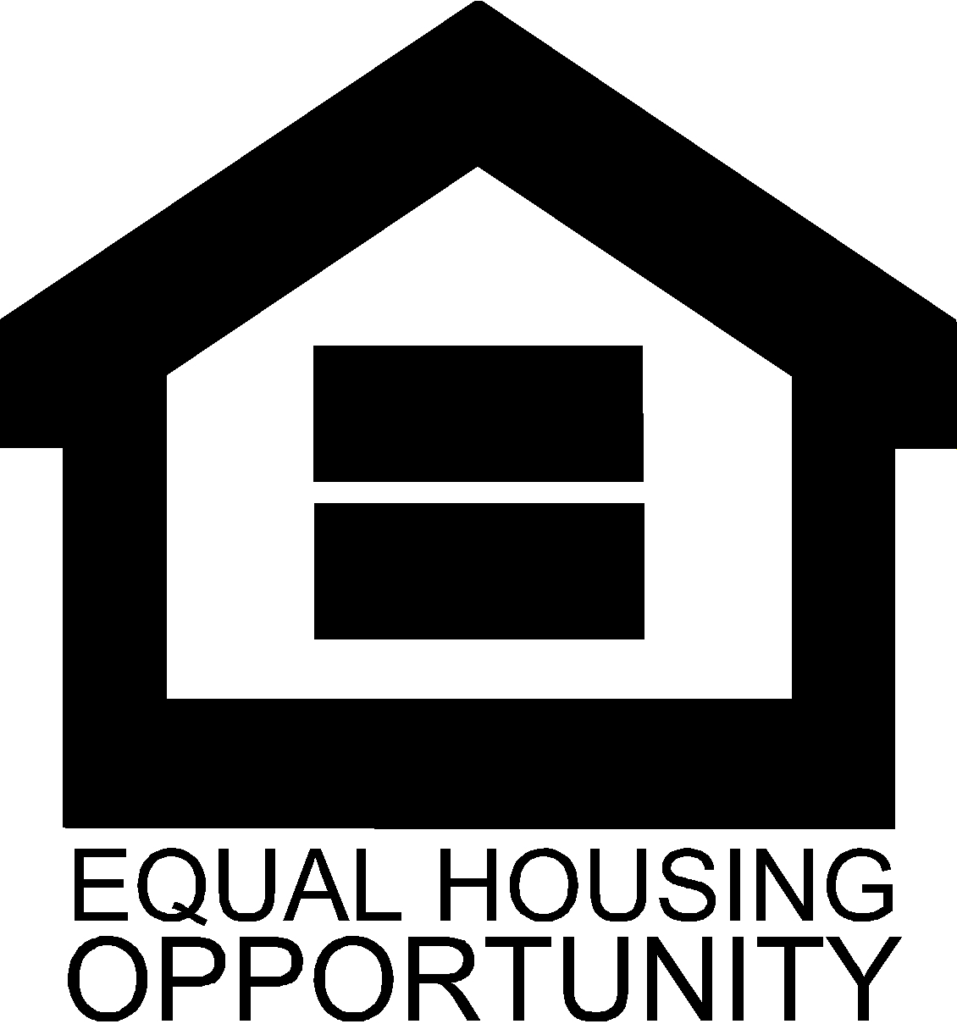Real estate is all about location. Location is perhaps the greatest determining factor in the affordability, availability, and demand for housing. A more desirable location will almost always result in higher prices when compared to similar homes in less desirable locations. Picking the wrong location is likely to be more detrimental to the outcome of your investment than the level of investment you’re making.
So, what is the ideal location for a real estate investment? Are you looking for a good place to attract seasonal rentals? Search for locations close to seasonal-specific features, such as ski resorts, lakes, or beaches.
No matter what type of tenant you’re looking to attract, though, there are some general tips you can follow when you’re trying to find the best places to buy a real estate investment property.
. Pick the Right Market
Finding the right general market for real estate investment is the key to finding profitable opportunities. Before you even start to look at specific properties, you need to find a market that is prime for profit. To that end, you should look for a market that is strong in these four areas:
. Market Growth
Ideally, you will find a market that is prime for future growth. You can narrow your search by researching whether an area is projected to increase or decrease in population. You want to find a market where people are moving into rather than one in which people are moving out. An increase in population often leads to an increase in investment in the region as well, in the form of infrastructure, education, and jobs – which all contribute to increased value for your investment.
. Job Market
One way to determine which markets have a strong job market is to look at past and current unemployment rates. This will show you whether an area has had steady job growth and stability or whether a region had a spike and then a bunch of lulls. Job stability and growth are great indicators of future demand for rental housing.
. Home Values
Even if your goal is to purchase a property to rent, it’s important that your investment increases in value over time. Make sure the price you’d have to pay for a property is worth the price. Factor in the costs of not just acquiring the property but also costs for renovation, insurance, maintenance, and property taxes.
. Rental Rates
The final preliminary assessment you must make is whether a region produces rental rates resulting in a solid investment with positive cash flow. A market may prove strong in the first three areas, but if it doesn’t support good rental rates, then it will be hard to reach your desired return. You can use online tools to estimate the rental value of any residential property at a given location, both for the current and future market. Then, you can use that value to determine whether the income you can expect to generate will result in a profitable investment.
. Compare paying all cash to financing
Even though the housing market is still strong, there are plenty of good investment properties on the market priced at less than $100,000.
Sometimes, you’ll need to move fast to get the best deals. If you decide to pay in cash, you can refinance later to pull out some of your original cash.
If you are financing, you’ll need to get pre-qualified for a loan before you make an offer on an investment property.
. Pick the Right Property
Once you’ve chosen the best market and neighborhood in that investment market, it’s time to choose the right property. The goal is to find the best property within your budget that will give you the best return compared to the projected rent you’ll receive. To that end, you’ll need to analyze:
. The Appraisal
A third-party appraiser will give you the best sense of whether the home you are considering is a good value compared to other similar properties in the neighborhood. Just because a property fits within your budget doesn’t mean you’re getting a good deal. The appraiser will evaluate the property and make a comparison to other recently-sold homes or homes on the market in an apples-to-apples way.
. The Inspection
An independent inspection by a professional inspector will give you a glimpse under the hood, if you will. The inspection will tell you if there are any potential major issues with items such as the foundation, electrical, plumbing, roof, windows, HVAC, and even pests. These are all expensive things to fix if there are problems you’ll have to consider when considering the potential investment.
. The Ongoing Costs
Your ongoing costs will include:
. Monthly mortgage payment
. Property taxes
. Insurance
. Management fees
. Maintenance
. Leasing fees

